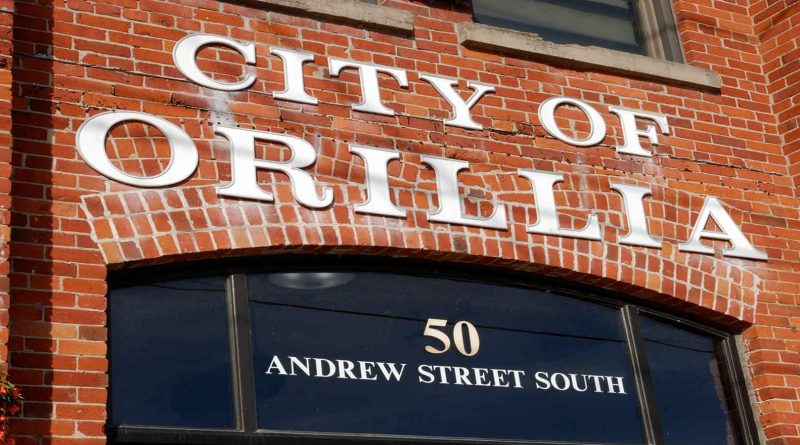Council Preview
By John Swartz
Monday night’s regular council meeting looks light, on paper. At 36 pages it’s one of the slimmest agenda packages placed before council, certainly this term, and for some time before that.
However, the Building Hope development charges and security deposit relief requests are back for a final vote. Last week Mayor Steve Clarke amended the motion to add – subject to the outcome of a meeting with the County of Simcoe staff. While Clarke was not entirely sure what the City might gain, the province recently gave the County $2 million to apply to homelessness programs.
Speaking with SUNonline/Orillia mid-week, Clarke did not offer any concrete result on any specific housing issue based on discussion with the County, but it’s conceivable he was being circumspect until the rest of council was updated.
How this will affect Building Hope’s request is a guess, but council did vote at committee last week to approve both development charge forgiveness (which means the charge would be paid from municipal reserves) and waiving security deposit requirements (which has no affect on finances in this budget year).
The night starts with a deputation from Ted Reeve, Valarie Powell and Michael Jones regarding development at 70 Front Street North. They, along with other like-minded people, support council’s general vision for the development and want to tell council what their interpretation of creating a ‘place’ on the waterfront means and how the project will affect other development.
From their perspective, place breaks down to three things – people, planet and profit. They believe a gathering place, a commons, is essential. They want to see buildings are green, better than LEED platinum standards, and generally the project evolve from the start in an ecologically aware manner. Finally they want those with decision making capacity to think long-term, rather than short-term for return on investment.
The City’s request for qualifications was issued on April 9th, so there is little chance this group’s concerns will affect the underlying development criteria already established, but based on reading their deputation supporting documents the message appears to be, people are watching an paying attention.
Of interest from the consent agenda is a letter from Ontario’s attorney general informing municipalities the Ontario Society for the Prevention of Cruelty to Animals will no longer be enforcing animal welfare legislation as of June 28. This change results from a court case in Kingston where some sections of the Act were ruled unconstitutional. Specifically the parts assigning enforcement to the OSPCA, which is a private entity separate from government, and giving police powers when OSPCA officers are not covered as other police are by legislation. The court gave the province 12 months to change the legislation, which may of may not result in the OSPCA continuing at a later date as the enforcement arm of the legislation.
The action was bought privately and hinged on protection from unreasonable search and seizure. The court ruled in January 2019 it was not unreasonable to give the OSPCA the charge of protecting animals, but it was unreasonable to grant, in effect, police powers to a non-government agency.




